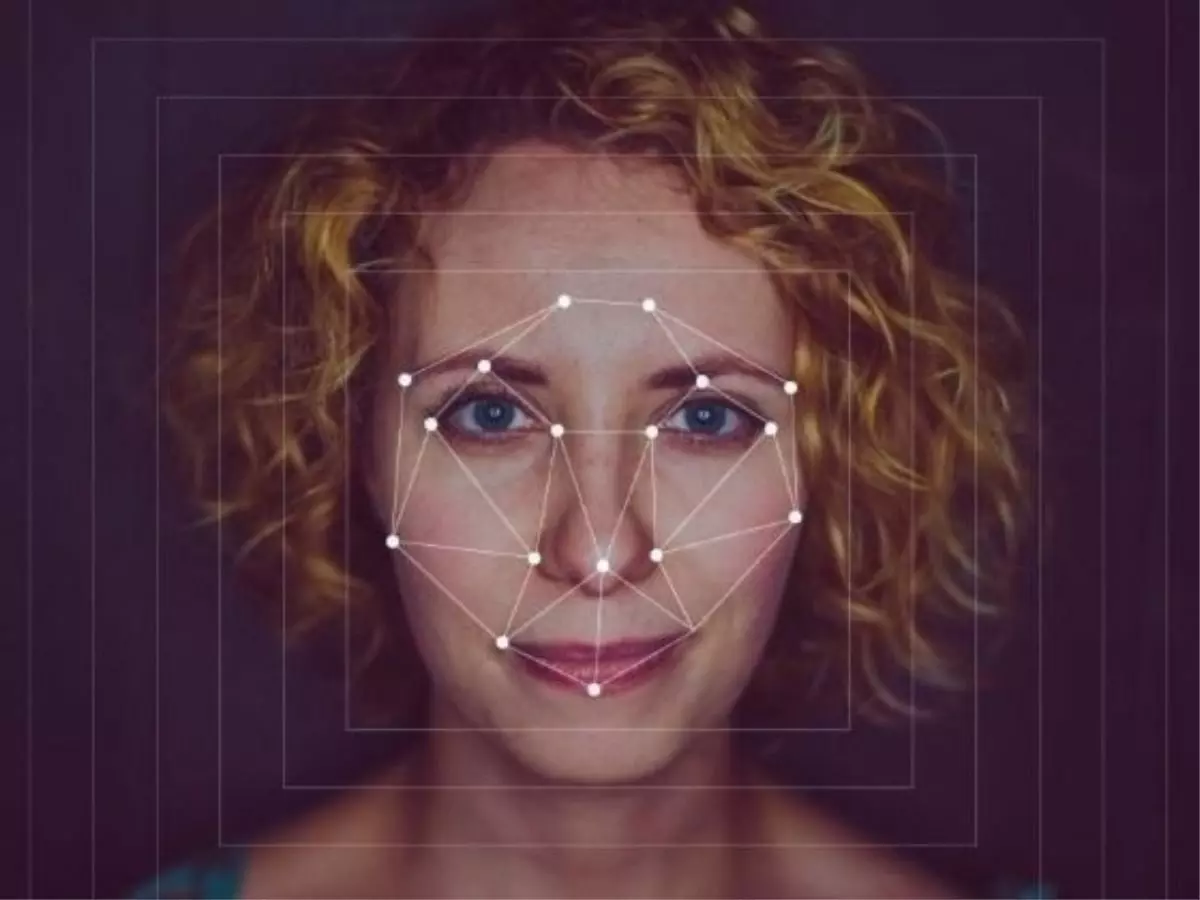US Privacy Groups Want US Govt To Ban Facial Recognition Use, But What About Here In India?
Digital rights groups in the US have been protesting the use of facial recognition by law enforcement for a while now, especially because it¡¯s unauthorized and unregulated. Now, they¡¯re petitioning for a complete ban on the technology.

Digital rights groups in the US have been protesting the use of facial recognition by law enforcement for a while now, especially because it's unauthorized and unregulated.
Now, they're petitioning for a complete ban on the technology by the government.

Fight for the Future is calling on Americans to contact their state, local, and federal lawmakers using an automated tool they've provided on their website. Why? Because facial recognition isn't just an invasive surveillance measure, it's also far from accurate just yet.
San Francisco and Somerville, Massachusetts have already banned local government agencies from using facial recognition technology. However, federal agencies like the FBI and Immigration & Customs Enforcement are not bound by any such decisions. In the case of ICE, the rights group says the agency uses scanned photos from the state driver's license databases to look for not just criminals, but witnesses and innocent undocumented immigrants as well.
"We're at a pivotal moment in human history," Evan Greer, deputy director of Fight for the Future, told Gizmodo in an email. "Invasive surveillance technology like facial recognition is spreading extremely quickly. It's being marketed as 'convenient' and for 'public safety,' but it's putting us on a path to a totalitarian police state. Backlash to the spread of face surveillance is growing. But if we don't act now, it will soon become ubiquitous, and then it could be too late."

Such a ban would also restrict the government from working with other companies that design such software. Amazon is just one example, which has been quietly marketing its own facial recognition software 'Rekognition' to authorities, including local police departments.
"This surveillance technology poses such a profound threat to the future of human society and basic liberty that its dangers far outweigh any potential benefits," Greer said. "We don't need to regulate it, we need to ban it entirely."
What's the situation here in India? Should we be concerned?
At the very least some groups in the US has realised the dangers of mindlessly implementing facial recognition technology. But we haven't caught on yet here in India. For instance, just last week, Hyderabad implemented a new 'Digi Yatra' system. Using facial recognition technology, flyers can move through the various security gates of an airport without having to flash their boarding pass.
That sort of system is great by itself, but you have to view it in the larger context. For one, this sort of identification system is ripe for abuse. Hackers that manage to crack into this database now have biometric data that would give them access to pretty much a person's entire life. And that's just with an airport security system.

What happens when the police decides to use facial recognition to track suspects? Firstly, that would probably involve surveilling people based on the identification they've submitted for their Aadhaar cards, which is already a breach of privacy. Then of course, is the possibility it can be misused to target people maliciously.
Frankly, no technology system for governance should ever be put into place before it has an appropriate countermeasure ready. Otherwise you're just asking for trouble.
